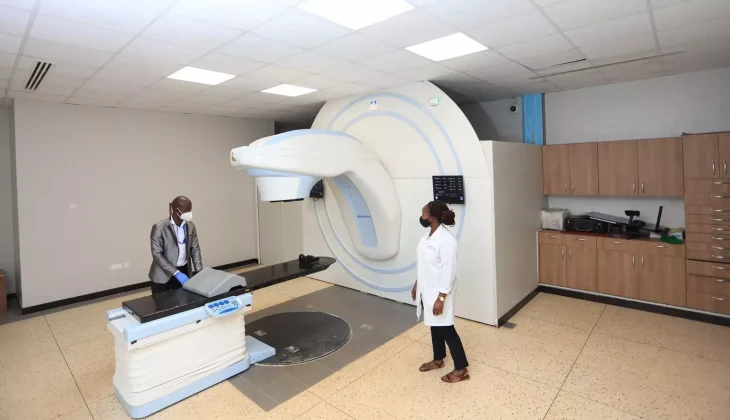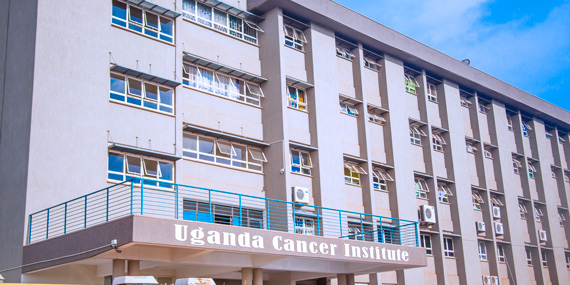Health experts from the Uganda Cancer Institute (UCI) have pinpointed several risk factors driving the increase in cancer cases across the country.
These factors, ranging from lifestyle choices to environmental influences, underscore the urgent need for cancer prevention strategies.
Official government data reveals a concerning trend, with the Uganda Cancer Institute (UCI) reporting a staggering rise in new cancer cases.
In 2015, approximately 3,500 new cases were recorded, but this number has more than doubled, reaching around 7,500 cases annually.

Among the prominent risk factors highlighted by doctors at UCI are:
1. Sexually Transmitted Infections (STIs):
Infections like Human Papillomavirus (HPV) significantly contribute to cervical, throat, and anal cancers.
Dr. Alfred Jatho emphasizes the importance of safe sex practices and recommends HPV and hepatitis B vaccines to mitigate risks.
2. Unhealthy Diets and Alcohol Consumption
Poor dietary habits and excessive alcohol consumption elevate the risk of various cancers. Dr. Jatho warns against excessive alcohol intake, linking it to higher risks of liver, breast, colorectal, and digestive tract cancers.
3. Tobacco Use
Tobacco emerges as a significant risk factor for cancer in Uganda, challenging previous beliefs about its impact solely on lung cancer. Recent evidence indicates its association with various cancer types.
4. Unbalanced Diets and Nutrition
Cultural dietary practices contribute to nutrient deficiencies, increasing cancer risks.
Health experts advocate for diversified diets rich in vegetables, fruits, millet, potatoes, and maize.
5. Sedentary Lifestyle and Environmental Factors
Lack of physical activity and exposure to pollution pose additional cancer risks.
Individuals are encouraged to engage in regular physical activity and minimize exposure to polluted environments and harmful chemicals.
5. Skin Bleaching
The use of skin-lightening products containing hydroquinone and potent corticosteroids is discouraged due to potential links to skin cancer.
The Uganda Cancer Institute urges the public to adopt healthier lifestyles, undergo regular check-ups, and remain vigilant against these identified risk factors.
Heightened awareness and proactive measures are vital in combating cancer, ultimately reducing the burden on healthcare facilities nationwide.
Also Read https://theprism.co.ug/king-charles-iii-faces-cancer-diagnosis-with-resolve-and-transparency/















